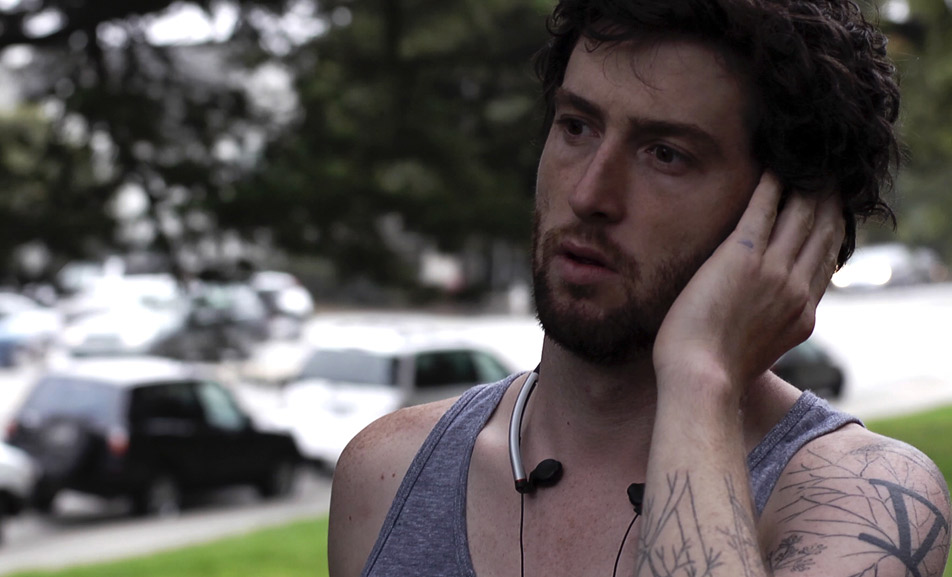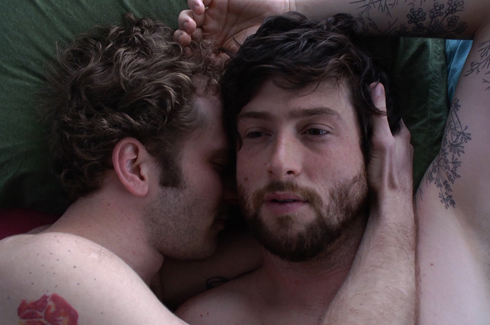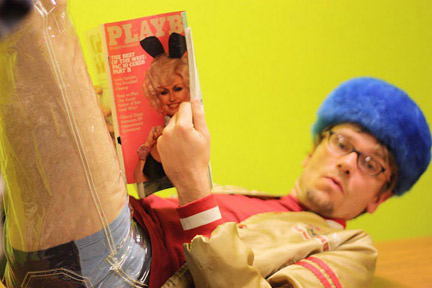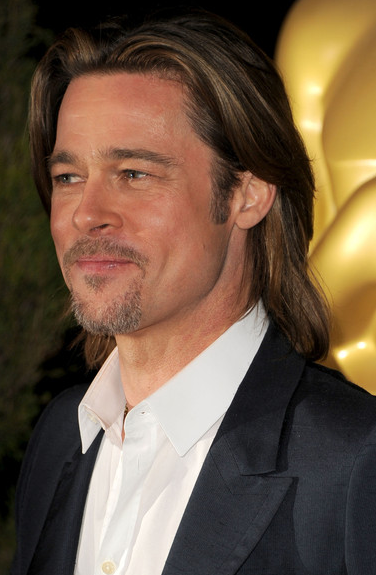Hot Docs: Paolo's Opening Reactions
 Sunday, April 29, 2012 at 4:01PM
Sunday, April 29, 2012 at 4:01PM Paolo here. All world class cities have a lot going on in arts and cultures and this is especially true of Toronto for film lovers. So here I am apologizing that I missed the Kathleen Turner Mini-Film Festival because it happened during Hot Docs, the largest documentary film festival in North America. Taking us northern movie lovers from our post-Oscar hibernation, this festival also begins our new movie year.
I first started going to the festival in 2010, a year full of political films, although not as preachy as the word implies. 2011 had creatively-filmed spotlights on the bittersweet lives of its subjects. But this year's docs are more difficult to enjoy, if that's even an option. Let me explain. An example is The Invisible War, which had its international premiere last Friday.
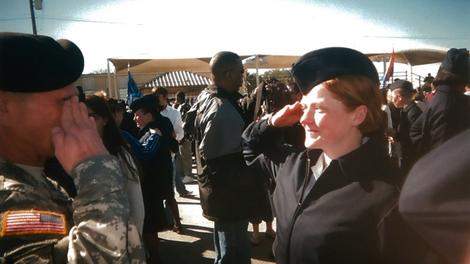
It's...
the latest groundbreaking investigative documentary by award-winning director Kirby Dick, is about one of America’s most shameful and best kept secrets: the epidemic of rape -
No! Although it has 'prestige doc' potential.
Then there's Outing, also having its international premiere last Friday, its synopsis reading
Since turning 15, a shy, sensitive youth has struggled with a growing awareness of his own unimaginable desire: his sexual attraction to children.
 "Jeff"Oh come on now, really? (UPDATE: the screenings for this movie have sold out, leaving its availability status for those who dare join the rush lines). These movies are just the tip of a creepy ass iceberg. There's a selection called Sexy Baby for Christ's sakes, adding another title to the trend of Docs That Make Me Uncomfortable. Then again why am I avoiding these movies but have no qualms on signing up for 'Nightvision,' a package of midnight screenings, that include passes for the Jeffrey Dahmer doc called...Jeff (I blame Jeremy Renner).
"Jeff"Oh come on now, really? (UPDATE: the screenings for this movie have sold out, leaving its availability status for those who dare join the rush lines). These movies are just the tip of a creepy ass iceberg. There's a selection called Sexy Baby for Christ's sakes, adding another title to the trend of Docs That Make Me Uncomfortable. Then again why am I avoiding these movies but have no qualms on signing up for 'Nightvision,' a package of midnight screenings, that include passes for the Jeffrey Dahmer doc called...Jeff (I blame Jeremy Renner).
[Slushy thoughts, less depressing stuff and James fucking Franco after the jump.]
 James Franco,
James Franco,  Jeff Bridges,
Jeff Bridges,  documentaries,
documentaries,  film festivals
film festivals 



